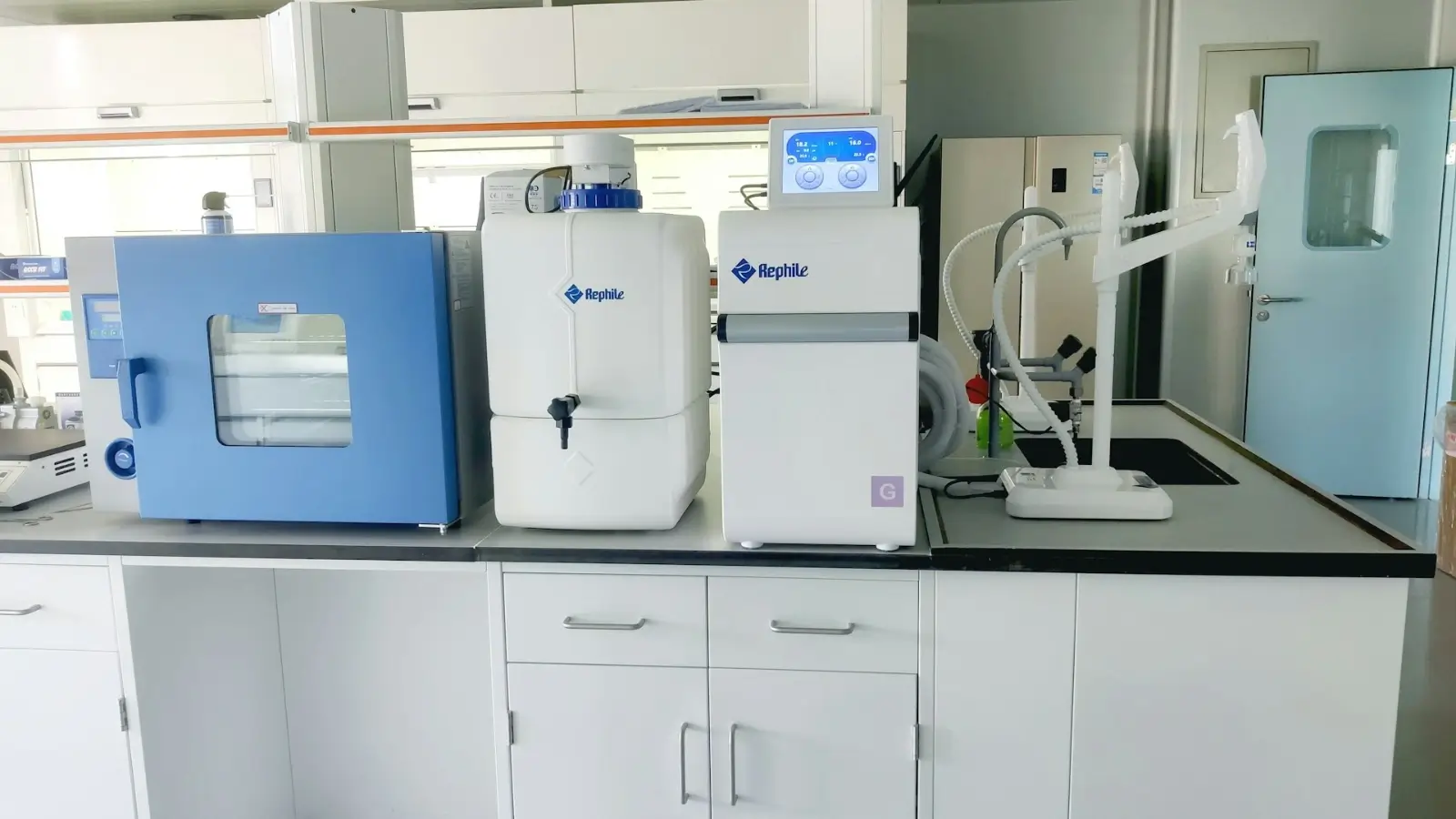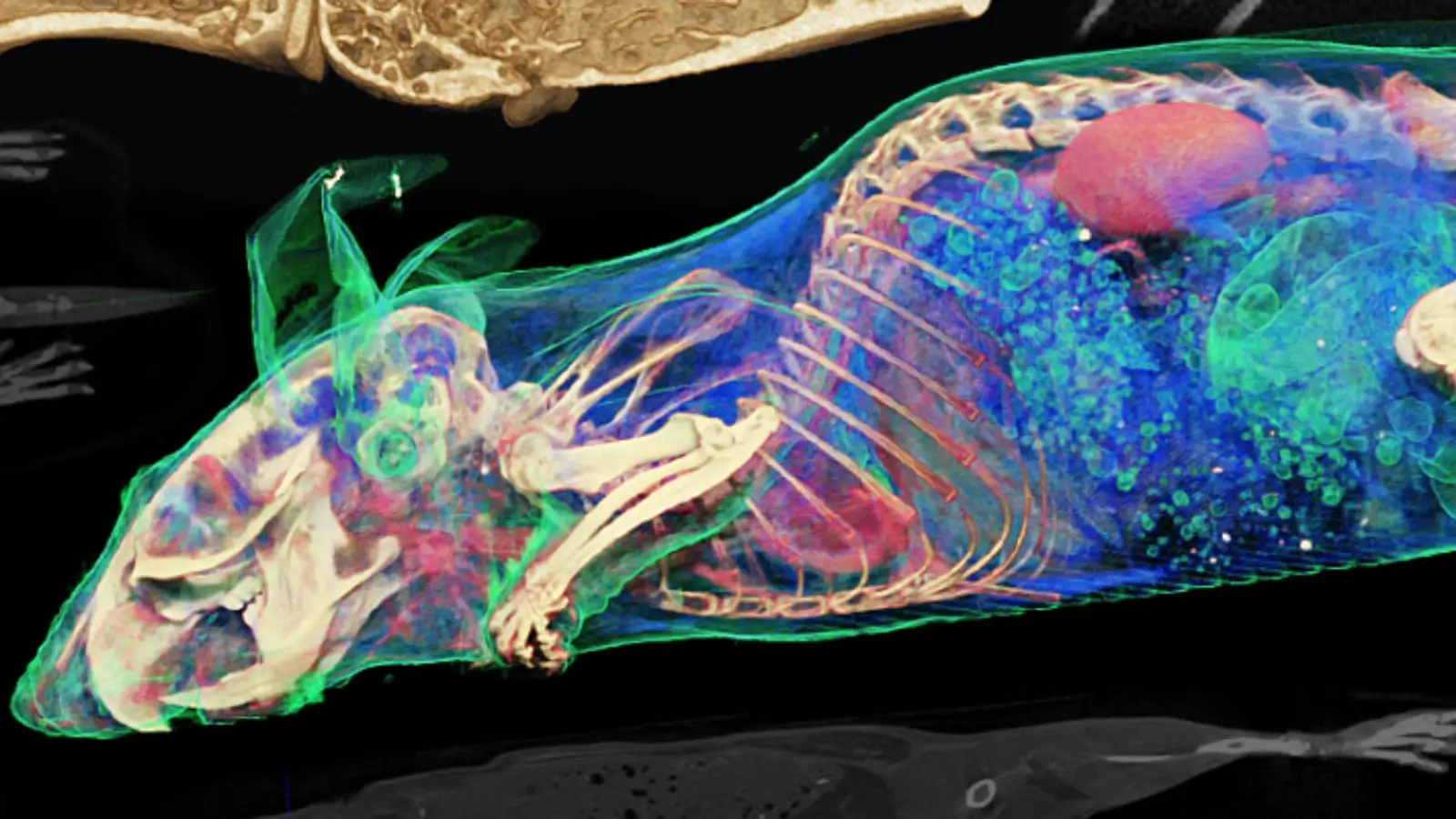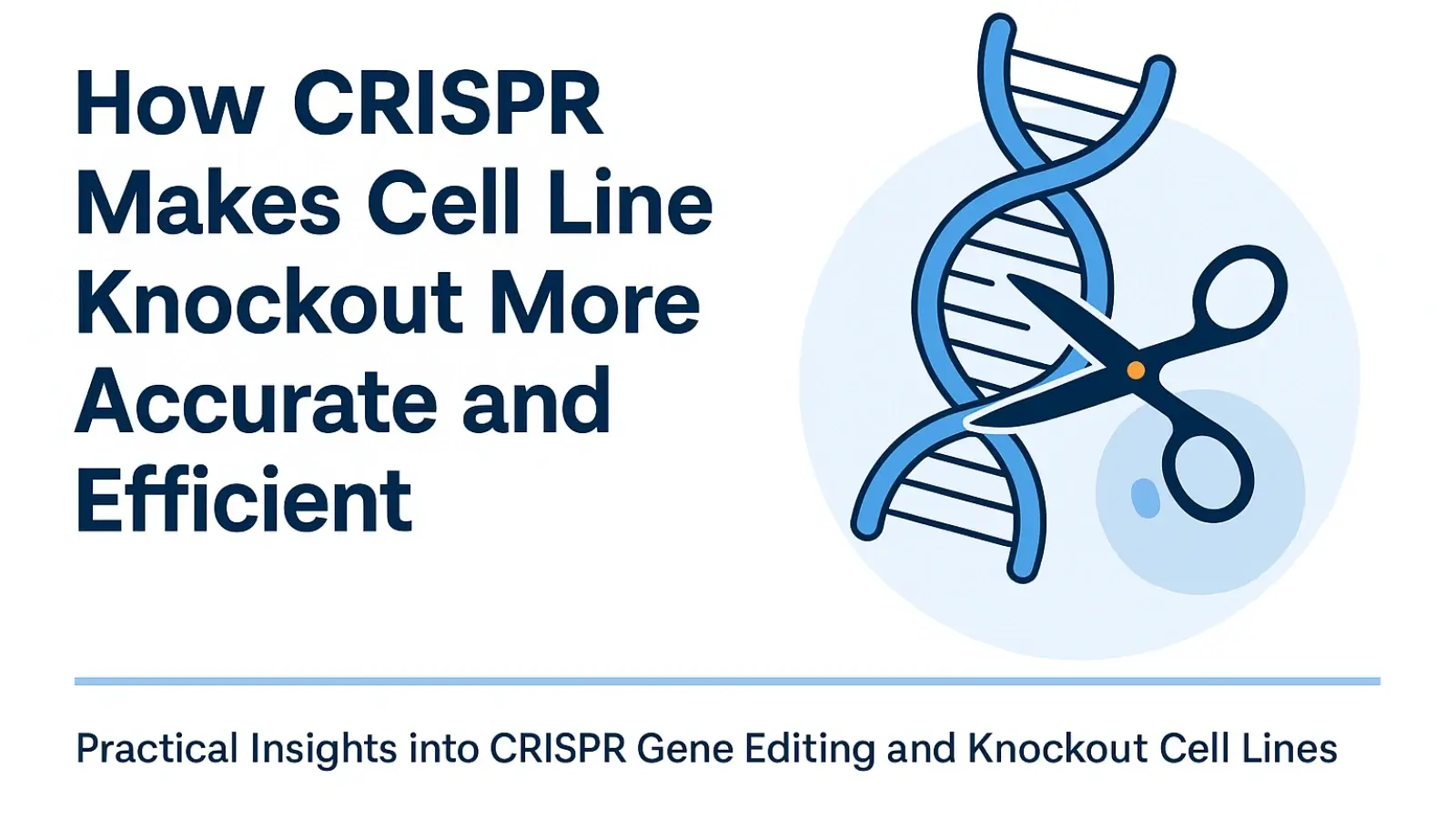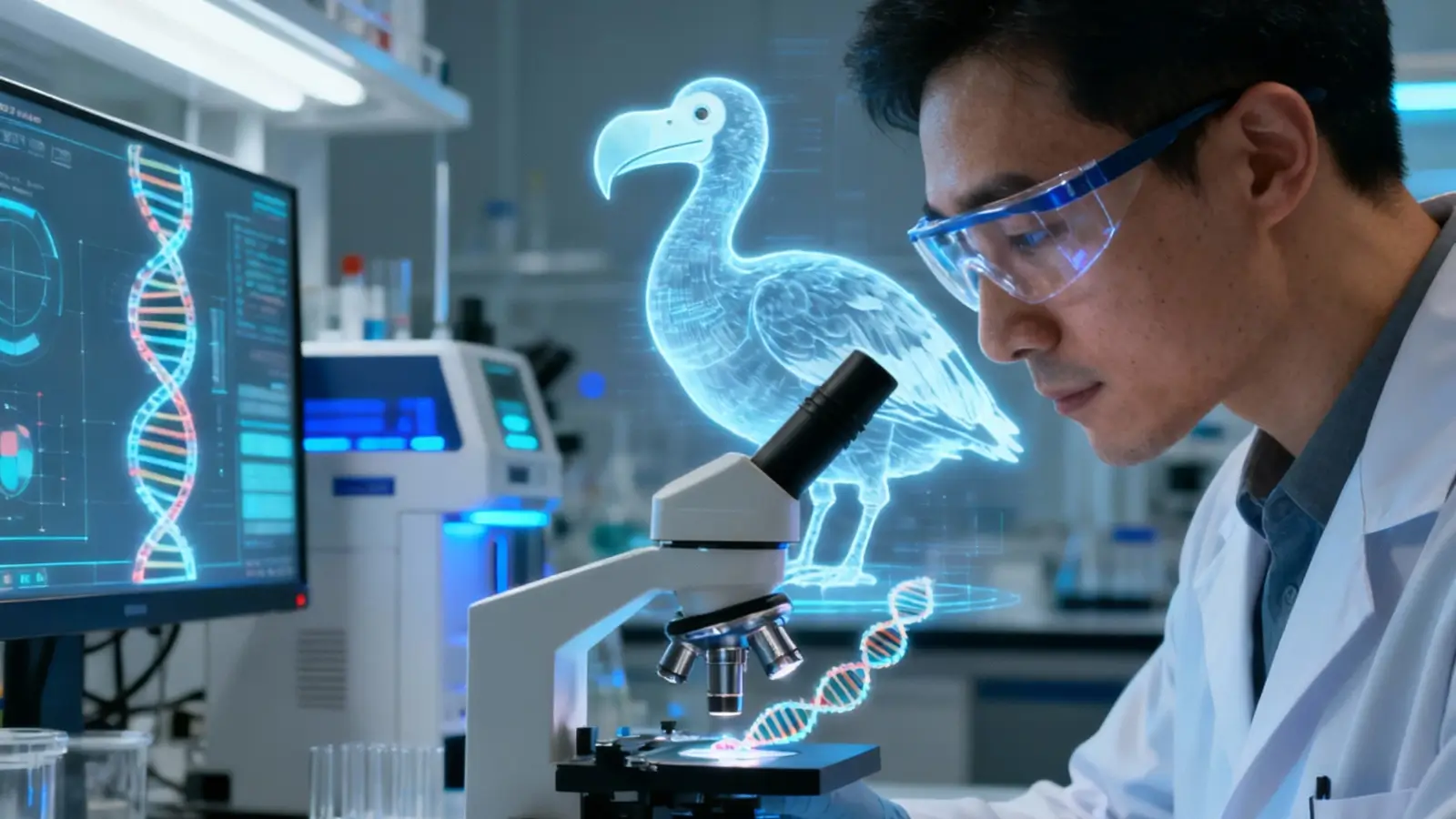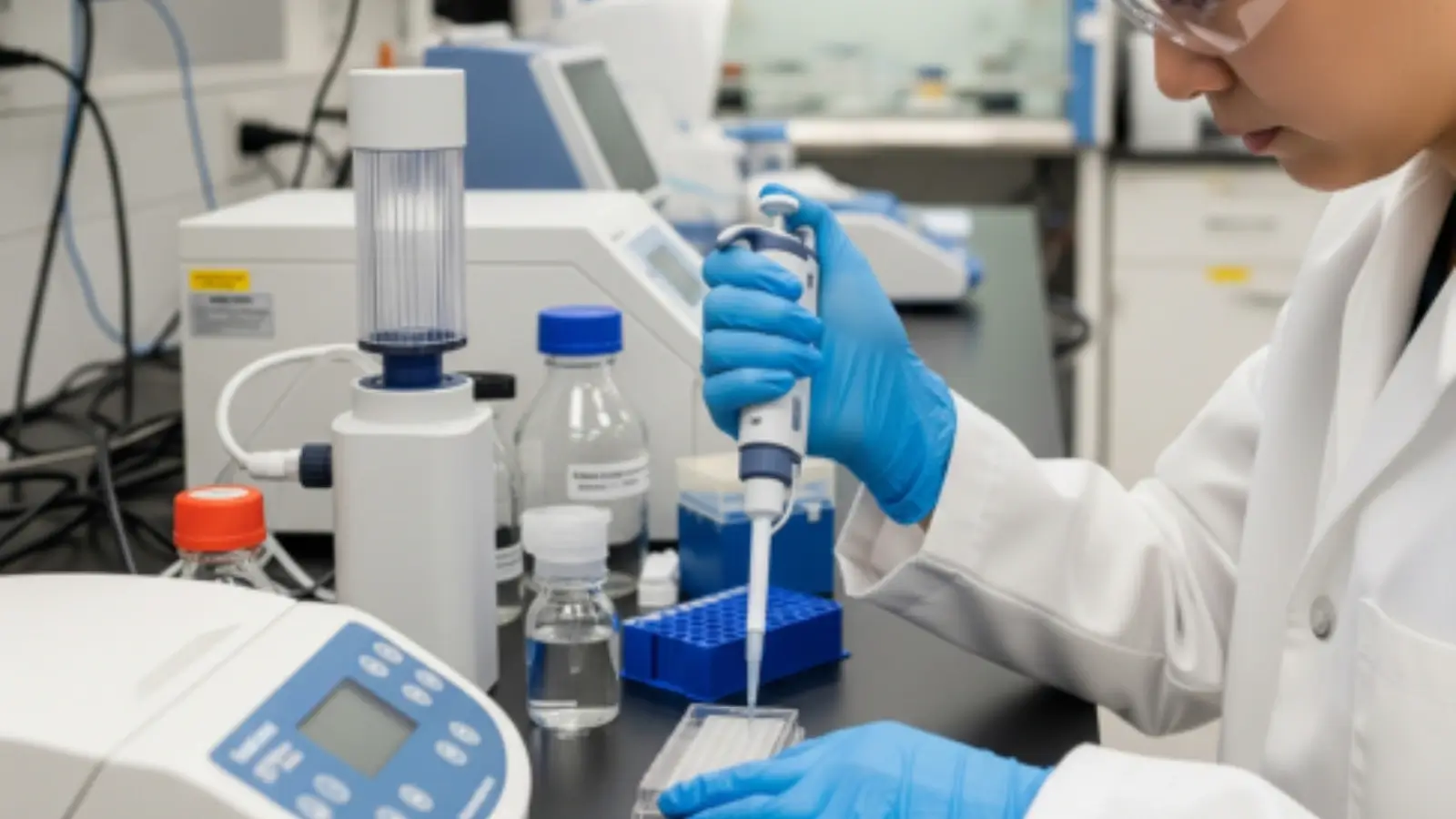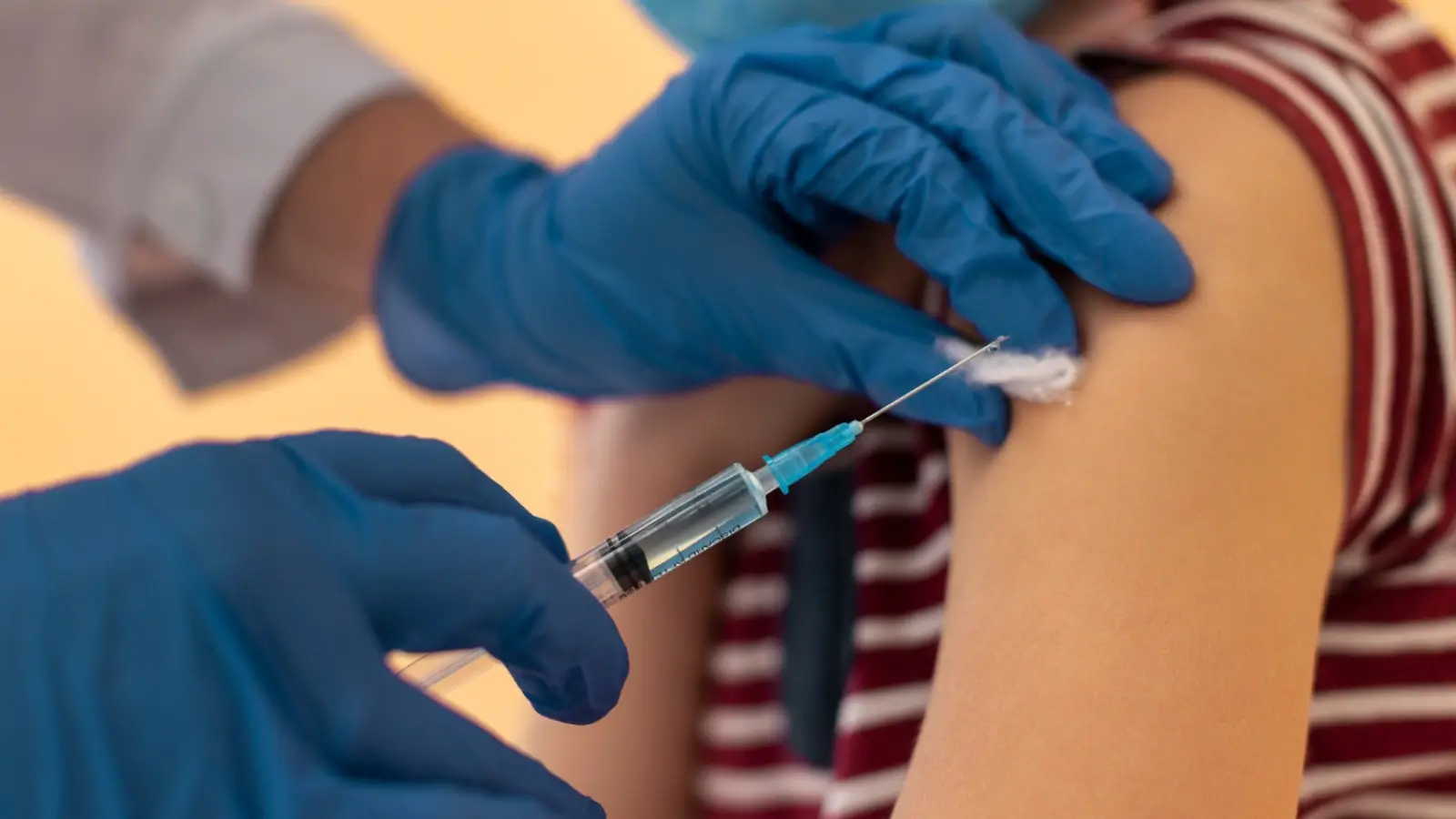How Peptide Manufacturers Enable the Next Wave of Vaccines
— Peptide manufacturers are powering next-generation vaccines with speed, safety, and precision—reshaping how the world fights disease.

Introduction
The world stood still when the first COVID-19 shots rolled out, yet few people realized that another, quieter revolution was already under way inside the sterile laboratories of peptide manufacturers. These companies turn short chains of amino acids,known to scientists as research peptides,into the precise, programmable building blocks of next-generation vaccines. Unlike the bulky proteins of yesterday, these tiny fragments can be designed on a computer, synthesized overnight, and shipped to clinics within weeks. This article explains, in plain language, how peptide manufacturers are rewriting the rules of vaccine science, why research peptides matter for every patient on the planet, and what the future holds when speed, safety, and personalization finally meet at scale.
What Are Peptide Vaccines and Why Do They Matter?
Traditional vaccines often teach the immune system with whole viruses, weakened germs, or large recombinant proteins. Peptide vaccines take a different path. They use only the exact fragments, or peptides, that the immune system must recognize. These fragments are short, stable, and easy to produce under strict quality controls. Because they are so small, peptide vaccines can be safer,there is no genetic material that could multiply inside the body,faster to design, and far simpler to scale. Once a new threat is identified, scientists can pick the right peptide sequences with computer models, and peptide manufacturers can start synthesis the same day. The result is a new class of vaccines that promise fewer side effects, quicker production, and the ability to tailor each shot to the person receiving it.
How Peptide Manufacturers Turn Amino Acids into Lifesaving Vaccines
Precision Synthesis on Demand
Modern peptide manufacturers rely on automated, computer-guided synthesizers that link amino acids one by one on a solid resin. Microwave-assisted synthesis and flow chemistry have cut cycle times from days to hours, while high-resolution mass spectrometers verify every batch. Leading firms such as Bachem, Thermo Fisher Scientific, and GenScript run kilogram-scale reactors that can produce clinical-grade peptides under current Good Manufacturing Practice rules. This means a new vaccine candidate can move from concept to first-in-human testing in as little as twelve to sixteen weeks.
Built-In Quality Checks
Every peptide vaccine must be ultra-pure. Peptide manufacturers therefore include crude-peptide analysis to remove deletion or insertion errors, counter-ion exchange to swap trifluoroacetate salts for safer acetate or chloride forms, and endotoxin testing to meet injectable-grade standards. These steps are vital because even trace impurities can trigger unwanted immune reactions or reduce potency.
Research Peptides in Action: From Lab to Clinical Trials
Personalized Cancer Vaccines
Cancer cells carry unique mutations called neoantigens. Bioinformatics tools scan a patient’s tumor DNA, predict which peptides will appear on the tumor surface, and peptide manufacturers then synthesize a custom set within four to six weeks. In 2024, Immatics N.V. reported positive Phase 1 data for its personalized IMA203 TCR therapy, which relies on cGMP research peptides to prime patient T cells. This approach shrank tumors in 44 % of patients with advanced melanoma, showing the clinical power of tailor-made peptides.
Rapid Response to Emerging Viruses
When SARS-CoV-2 variants appear, whole-virus vaccines need lengthy adaptation. Peptide vaccines can swap out a single 20–30 amino acid region. During the Omicron wave, a consortium led by the Coalition for Epidemic Preparedness Innovations used research peptides from peptide manufacturers in Switzerland and China to produce a booster candidate in fifty-four days, entering Phase 1 trials in South Africa in early 2025.
Combination Trials with Immune Checkpoint Inhibitors
Modern trials often pair peptide vaccines with drugs such as pembrolizumab. In these studies, research peptides act as the antigen source, while the checkpoint inhibitor removes the brakes from T cells. Sellas Life Sciences is running a Phase 3 trial of its Wilms Tumor-1 peptide vaccine plus pembrolizumab in acute myeloid leukemia, with final results expected in late 2025.
Innovation Hotspots: Where Peptide Manufacturers Are Pushing Boundaries
Self-Adjuvanting Lipopeptides
Short peptides alone do not always wake up the immune system. Scientists now attach fatty acid tails, creating lipopeptides that self-assemble into nanoparticles. Companies like VAXON Biotech use this approach to boost T-cell responses without extra adjuvants. Peptide manufacturers have optimized the chemistry so that the lipid tail is added during the final synthesis step, keeping costs low.
Long Peptide Strategies
Longer peptides of fifty to one hundred amino acids can cover many immune recognition motifs at once. This reduces the risk that a single mutation will let a virus escape. Automated synthesizers from firms such as Merck KGaA can now stitch together these longer chains with greater than 98 % purity.
Machine Learning for Epitope Selection
AI platforms screen millions of peptide sequences to find those most likely to trigger strong, cross-reactive immunity. Once the algorithm delivers the top hits, peptide manufacturers produce small test batches overnight for animal studies. This iterative loop has shortened the pre-clinical phase for new flu vaccines from two years to six months.
Safety and Scalability: Meeting Global Demand
Safety Profile
Because peptide vaccines contain no live agents, the risk of causing disease is essentially zero. Clinical databases show that serious adverse events occur in less than 0.3 % of recipients, mostly mild injection-site reactions. Regulatory agencies like the FDA and EMA have therefore granted fast-track status to multiple peptide-based candidates.
Scalable Manufacturing
The global peptide synthesis market is projected to reach USD 1.41 billion by 2029, growing at 11.7 % per year. This growth is driven by modular plants that can be re-tooled for new sequences within days. For example, Bachem’s Bubendorf site in Switzerland can switch from producing a diabetes-related peptide to a pandemic vaccine peptide in under seventy-two hours, using the same reactor trains and purification skids.
Cost at Scale
At commercial scale, a gram of cGMP peptide now costs around USD 300–500, down from over USD 2 000 a decade ago. A single gram can yield roughly ten thousand vaccine doses when formulated with nanoparticles, making peptide vaccines competitive with traditional protein subunit shots.
Impact on Global Health: Reaching Underserved Regions
Thermostable Formulations
Many peptide vaccines can be freeze-dried into powders that remain stable for months at 40 °C. This removes the need for costly cold chains, a major barrier in low- and middle-income countries. PATH, the global health nonprofit, is working with peptide manufacturers in India and South Africa to prepare thermostable malaria and HPV vaccines for Phase 2 trials starting in 2026.
Regional Capacity Building
Rather than rely solely on large multinationals, local peptide manufacturers are springing up. China’s GenScript and India’s Sun Pharmaceutical now offer regional cGMP services, cutting shipping times and tariffs. The result is a more resilient supply chain that can respond to outbreaks within weeks, not months.
How Peptide Manufacturers Support the Entire Ecosystem
-
Researchers: Peptide manufacturers provide catalog and custom research peptides with purity certificates and endotoxin data, enabling rapid hypothesis testing. Same-day shipping of milligram quantities allows academic labs to pivot quickly when new data emerge.
-
Pharmaceutical Companies: For big pharma, peptide manufacturers offer scale-up packages from milligrams to kilograms under cGMP, plus regulatory files ready for IND submissions. Technology-transfer teams ensure that processes developed on a benchtop can run in 200-liter reactors without loss of potency.
-
Healthcare Systems: Hospitals and ministries of health receive ready-to-fill vials or bulk drug substance compatible with standard syringes and micro-needle patches. The simple formulation reduces the burden on pharmacists and speeds up mass vaccination campaigns.
The Road Ahead: Next-Generation Vaccines Powered by Peptides
Universal Coronavirus Vaccines
Scientists are stitching together conserved peptide regions from multiple coronaviruses to create a single shot that could protect against future variants or even unknown strains. Peptide manufacturers are already producing first-generation constructs for ferret and primate studies, with human trials targeted for 2027.
Multi-Pathogen Peptide Cocktails
Advances in high-throughput synthesis allow dozens of peptides to be combined in one formulation. A single injection could train the immune system against influenza, RSV, and SARS-CoV-2 at once. The US National Institutes of Health has awarded a USD 36 million grant to a consortium that includes leading peptide manufacturers to bring this concept to Phase 1.
AI-Guided Personalized Vaccines on Demand
In the next decade, a patient’s tumor could be sequenced in the morning, AI could pick the neoantigens by lunch, and peptide manufacturers could deliver a personalized vaccine by the end of the week. Pilot studies at MD Anderson Cancer Center suggest that this timeline is feasible using current automation.
Final Thoughts
Peptide Manufacturers as the Silent Engines of Vaccine Progress From tiny strings of amino acids to lifesaving shots, peptide manufacturers are the quiet heroes behind the next wave of vaccines. Their ability to turn research peptides into pure, scalable, and safe products has already shortened development timelines, enabled personalized cancer treatments, and opened the door to universal vaccines.
As the global community braces for new viruses, rising cancer rates, and the growing demand for precision medicine, the partnership between scientists and peptide manufacturers will only grow stronger. In this future, vaccines will no longer be one-size-fits-all. Instead, they will be swift, smart, and shaped for every person on the planet, all thanks to the meticulous work happening today inside the world’s peptide labs.
For more insights on high-quality peptides and cGMP services, visit Qingli Shangmao, your trusted partner in the evolving landscape of vaccine innovation.










